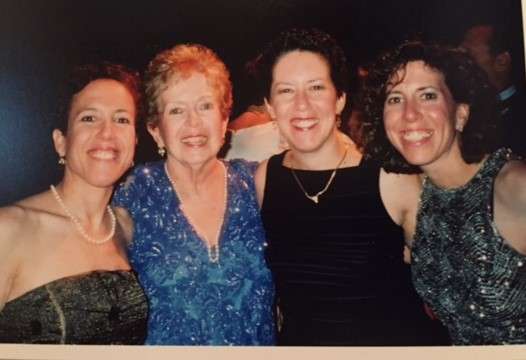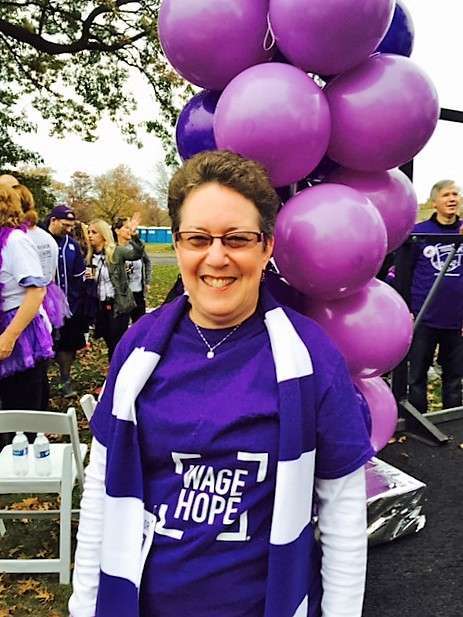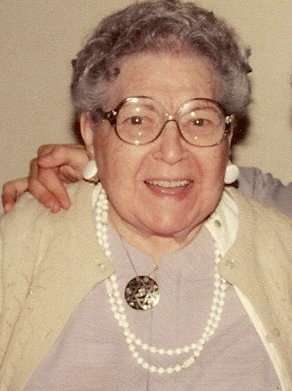Editor’s Note: This story was originally published in 2016. As of September 2017, Randi is now an eight-year survivor.

Randi’s favorite picture with her mom and two sisters at a wedding. Her mom passed away of pancreatic cancer in 2006.
Like grandmother, like mother, like daughter, Randi Jacobs of Lancaster, Pa., had to fight pancreatic cancer. Randi’s grandmother passed away in 1985 when not a lot was known about the disease. When her mom was diagnosed in 2005 and then passed away in 2006, Randi and her sisters learned much more about the disease.
Through their research, Randi’s sister found a study that was prescreening for pancreatic cancer. One of the requirements was that people looking to enroll had to have two immediate family members who had passed away from the disease.
“Once my sister learned of the research study at Penn Medicine, we made sure we got into the study. Once we became participants, we had an MRI and an endoscopic ultrasound to determine if we had pancreatic cancer,” Randi said.
The results determined that her sisters’ results were negative. But Randi learned she had pre-pancreatic cancer.
One week later, Randi went into surgery to remove a portion of her pancreas where the cancer cells were located.
“Because of this procedure, I am a seven-year pancreatic cancer survivor today,” Randi said. “Every year I visit Penn Medicine for an MRI to ensure that additional cancer cells have not developed. Being proactive is important. The checkups are not ideal, but I do believe they are necessary.”
Because of her experience, Randi urges patients and their families to use the Pancreatic Cancer Action Network’s resources to their full advantage and to get educated as much as possible about risk factors and treatment options.
“The website has a wealth of information about finding a clinical trial. You can also speak to a PanCAN Patient Services Case Manager to learn more about the disease and what treatments are available. The organization is wonderful for both patients and family members,” Randi said.
“The earlier you act, the better your chances are.”
Randi’s outlook is positive. She will always remember her mom, knowing how she would be proud of her decision to take a proactive approach when faced with pancreatic cancer.
“My mom would be so happy to know that I beat pancreatic cancer. She’d be thrilled that I took something negative and turned it into a positive by dealing with the diagnosis head-on and then sharing my story to raise awareness.”
If you have two or more first-degree relatives who have had pancreatic cancer, a first-degree relative who developed pancreatic cancer before the age of 50 or an inherited genetic syndrome associated with pancreatic cancer, you may have an increased risk of developing pancreatic cancer. The Pancreatic Cancer Action Network strongly recommends consulting with a genetic counselor to determine your risk and eligibility for a screening program.
Contact an Associate to answer your questions and provide additional information.
Donate to the Pancreatic Cancer Action Network today so that people like Randi can continue to have free access to information and resources that can lead to better outcomes.
















